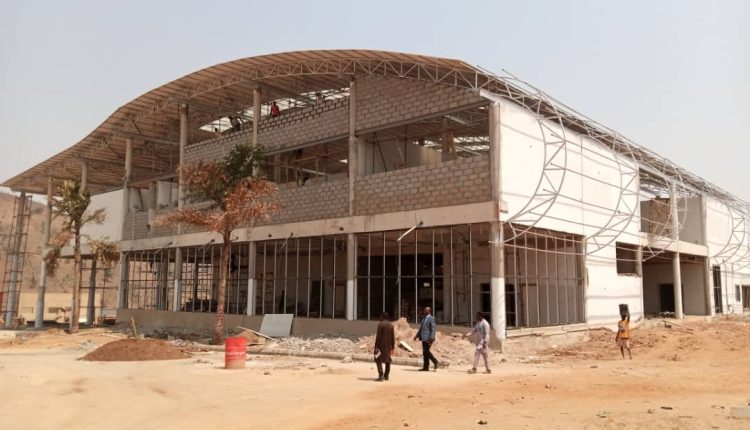
Abuja Bus Terminal: A Solution to Insecurity and Rising Transport Costs?
The ongoing Abuja Bus Terminal project has sparked conversations regarding its potential to enhance security and alleviate the high cost of transportation in the Nigerian capital. As the city continues to expand, issues such as unregulated transport services, rising fares, and insecurity have become major concerns for residents. The establishment of a centralized bus terminal could serve as a strategic intervention in addressing these challenges.
Enhancing Security
One of the critical benefits of the Abuja Bus Terminal is its potential to improve security within the transportation sector. Currently, many commuters rely on unregistered taxis and minibuses, making them vulnerable to criminal activities such as robbery, kidnapping, and harassment. The introduction of a government-regulated bus terminal will ensure that only authorized vehicles and operators are permitted to transport passengers. This regulation will significantly reduce the number of illegal transporters, thus improving the safety of commuters.
Additionally, the presence of security personnel surveillance cameras and structured boarding processes within the terminal will act as deterrents to criminal activities. With a secure environment, both drivers and passengers will feel safer, leading to an overall improvement in public confidence in Abuja’s transportation system.
Reducing Transportation Costs
The high cost of transportation has been a major challenge for Abuja residents, particularly with fluctuating fuel prices and the general economic situation. Unregulated transport services often set arbitrary fares, which can be unaffordable for the average commuter. The Abuja Bus Terminal aims to introduce a more structured and standardized fare system, ensuring fair pricing for passengers.
Government regulated bus services will also promote competition among transport providers, potentially driving down costs. Additionally, efficient route planning from the terminal will help reduce unnecessary detours and fuel consumption, further lowering expenses for both commuters and transport operators.
Economic and Social Benefits
Beyond security and affordability, the Abuja Bus Terminal is expected to contribute to the city’s economic growth. The facility will create employment opportunities for drivers, conductors, maintenance staff, and security personnel. Moreover, businesses such as food vendors, retail shops, and service providers within the terminal premises will thrive, boosting local commerce.
The organized transport system will also improve traffic flow within the city, as congestion caused by indiscriminate parking and loading of passengers along major roads will be minimized. A well structured terminal will lead to better city planning and enhance Abuja’s status as a modern metropolis.
Challenges and Recommendations
While the Abuja Bus Terminal promises several advantages, certain challenges must be addressed to ensure its success. One major concern is the maintenance of infrastructure and enforcement of regulations. The government must ensure that the terminal remains well managed and does not fall into disrepair due to neglect or mismanagement.
Additionally transport unions and private operators should be adequately engaged in the planning process to encourage cooperation and smooth integration of services. Public awareness campaigns will also be necessary to educate residents on the benefits of using the terminal and to discourage reliance on unregulated transport options.
Conclusion
The Abuja Bus Terminal project has the potential to transform the city’s transport landscape by improving security, reducing transportation costs and stimulating economic activities. However, for it to achieve its objectives, proper implementation, regulatory enforcement, and continuous maintenance are essential. If successfully executed, this initiative could serve as a model for other Nigerian cities facing similar transportation challenges
.



